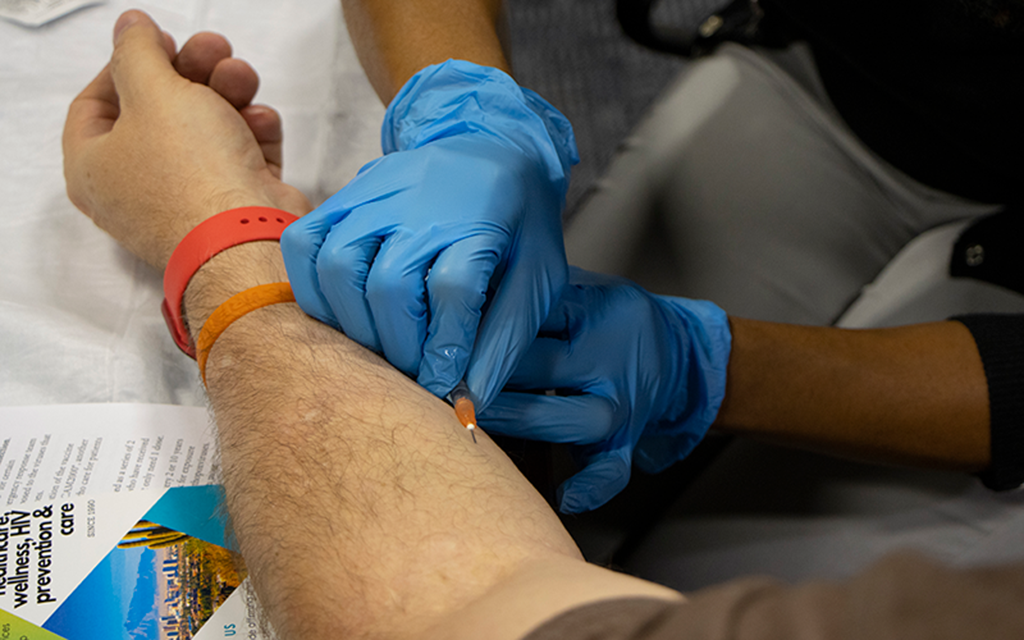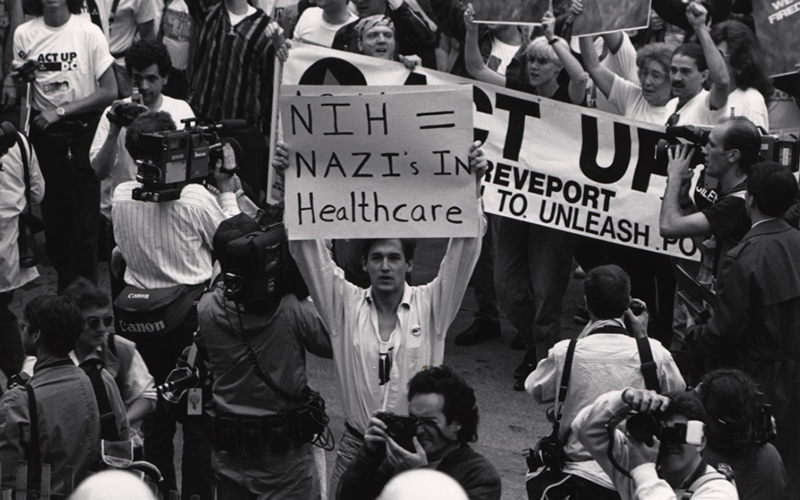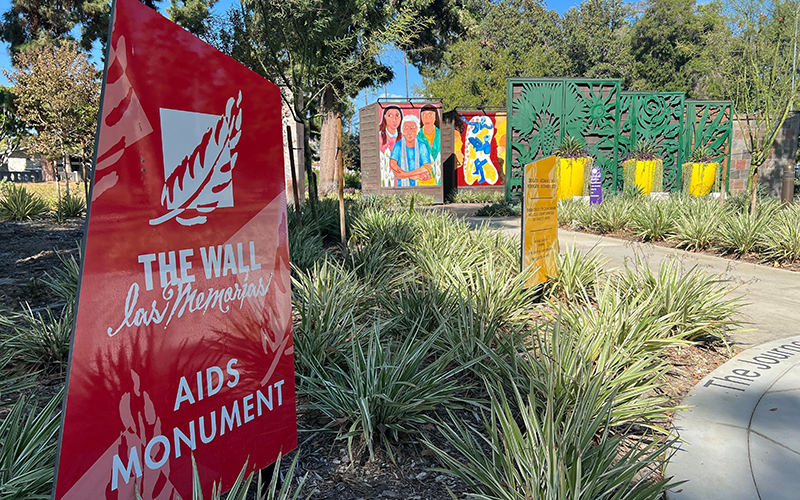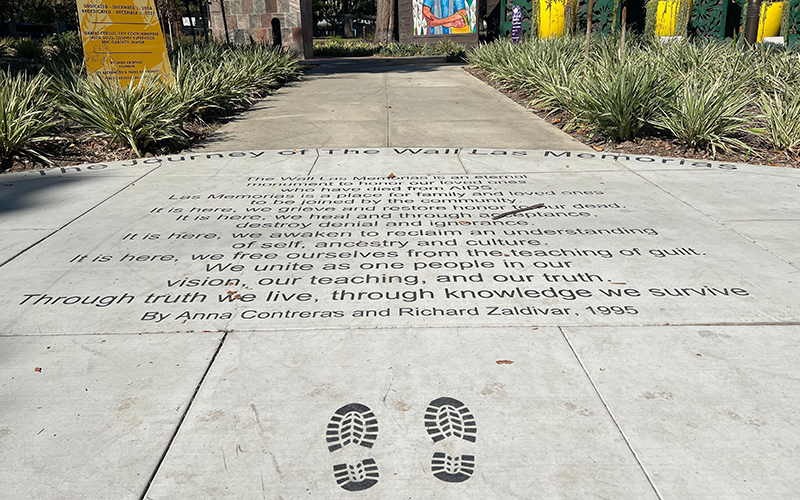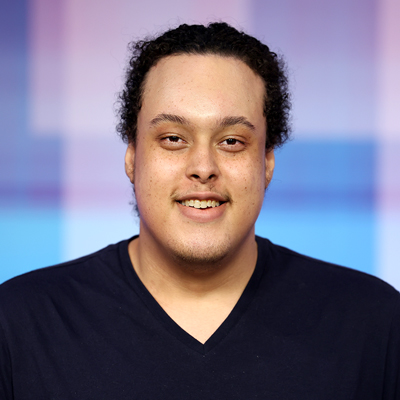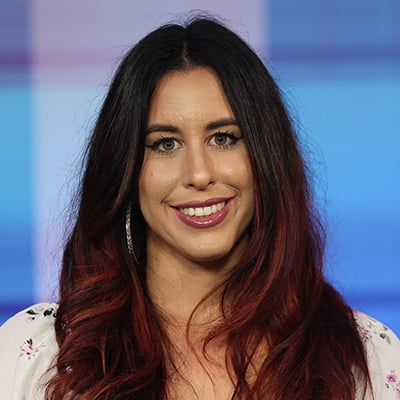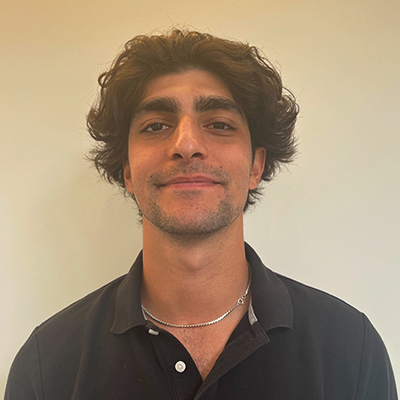In Phoenix, the Southwest Center for HIV/AIDS held a virtual town hall recently to talk about stigma, how to identify symptoms and when and where to get vaccinated. The group encouraged anyone facing backlash to seek therapy and support and to speak out.
The CDC issued a guide to help reduce stigma around monkeypox. Suggestions include stressing that monkeypox can be acquired regardless of sexual orientation or gender identity.
Health experts note that anyone could contract the virus through skin-to-skin contact with body fluids or sores. It’s also possible to be infected via respiratory droplets.
The CDC recommends vaccinations primarily for those who are in close contact with someone who has monkeypox and for those whose sex partners have been diagnosed recently. However, the nation is facing a shortage of available doses.
In Maricopa County, home to the vast majority of Arizona’s monkeypox cases, vaccines are being prioritized for those considered high risk. The Southwest Center and other sexual health clinics are leading the charge on vaccine distribution.
This Saturday, the center is partnering with Phoenix Pride to hold a free vaccination clinic as part of the Pride in Your Health campaign leading up to the 41st Phoenix Pride Festival and Parade in mid-October.
Casey Simon, director of health care operations at the Southwest Center, has seen both men and women coming in to get vaccinated – which gives him hope that education is working.
“Whether you are a (cisgender) heterosexual female or you identify as queer, it’s skin-to-skin. We all have skin, so let’s protect everybody and get vaccinated when you can,” he said. “It’s an everybody problem. … I don’t want us to stop talking about it.”
